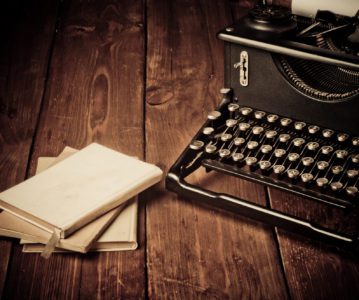 Analyzing Story Beats
Analyzing Story Beats
Whether it’s on your own stories or someone else’s, learning how to analyze the beats of a story can be an important tool in a writer’s toolbox. First of all, what do I mean by story beats? Story beats are not the plot. In fact, you can map out the beats of a story without talking about the plot at all. Story beats are shifts in tone, in action, in emotion. They are the highs and lows and the movement between those points that make a story enjoyable or tragic or comedic or whatever it is determined to be by...











